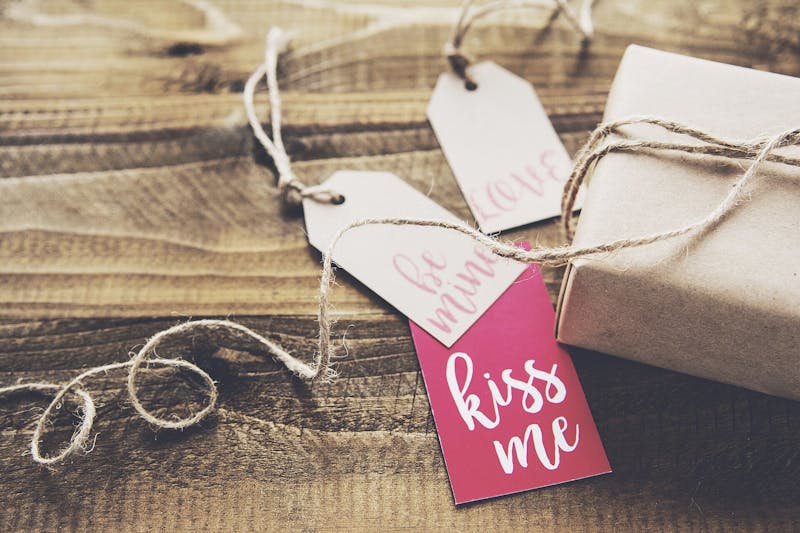In a list of things you probably do in public bathrooms, it starts with looking for the cleanest stall. Followed by making sure the latch actually locks. Once there and have completed the objective, you most likely wash your hands, fix your hair or make sure that your pants are properly tucked in and your dresses and skirts are not. Things are similar for those who identify under the umbrella term transgender (trans). Trans individuals use the bathroom just like cis gender individuals, the only difference is a trans individual are more at risk of being a victim of violence.
According to hrc.org, there were at least 21 deaths of transgender individuals in 2015 due to hate crimes and violence inflicted upon them. While homicide is evident in all who identify as transgender, according to avp.org, 72 percent of homicides inflicted in 2013 had transgender women as victims.
“Reecey Walker, 32, a Black transgender woman from Wichita, Kansas, was fatally stabbed May 1. A 16-year-old boy has been arrested and charged with second-degree murder,” according to HRC.org
Even with the height of transgender violence, the government seems to turn a blind eye, especially with the height of North Carolina’s passing of House Bill 2 (H.B.2), which states transgender individuals must use the bathroom that their biological sex identifies with.
An argument patrons use to justify the bill focus on people born male to female transgender individuals, saying that it would be easy for a sexual predator to say that they’re transgender just to be able to sexually harass women in bathrooms
"As a trans person ... it's hard not to take it personally when people are comparing trans people to child predators or saying that we're somehow dangerous," said Alison Gill, vice chair of the Trans United Fund, according to npr.org,
A notion that has not been considered is the violence and ridicule that transgender individual could face, using the bathroom identifying with their biological sex – especially those who have started taking testosterone and have begun their transformation, taking on either a masculine or feminine mystique. Although those who are not considered “passing” may not have to deal with physical violence, the inner turmoil they are subjected to still exists with having to use a bathroom that does not identify with their correct gender identity.
This bathroom bill may be a protection for women and children from being sexually assaulted in bathrooms, but taking into consideration it is also taking away protection for transgender individuals, leaves the bill inept and one-sided.
We come to the reality that chances are, most people have shared a bathroom with a trans individual at least once, and making regulations over something that – in the end – harm the individual who the bill is posed against, leaves the door wide open for even more discrimination and violence in the future.
The opinions expressed in this article are solely those of the writer and are not representative of The Slate or its staff as a whole.




The Slate welcomes thoughtful discussion on all of our stories, but please keep comments civil and on-topic. Read our full guidelines here.